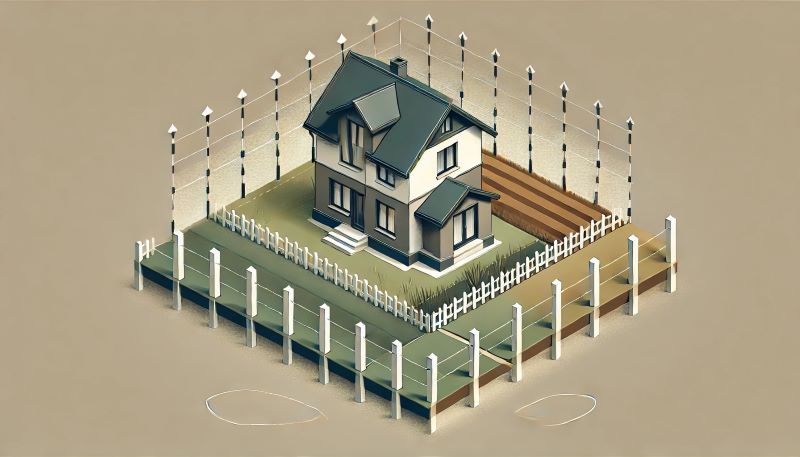
Imagine owning a piece of land you rarely check on, only to find out that someone accidentally built a house on your property. It's a puzzling scenario that has real-world legal implications. This blog post explores the key legal concepts that determine whether or not you can keep the house and the rights of the builder who made the mistake. Let’s dive into the legal nuances of this surprising situation.
The Builder Made a Mistake—Can You Keep the House?
In cases where a house is accidentally built on your land, you likely have the right to keep it. The key legal principle here is trespass to land. If the builder mistakenly constructs a home on your property, they have technically trespassed. In such a scenario, you didn’t ask for the house, you didn’t commission it, and you weren’t aware of it being built until after the fact. This could be seen as an unintentional gift.
If the builder realizes their mistake and tries to demolish the house, they would be committing further trespass, as any destruction of property on your land without permission is illegal. At this point, you could seek an injunction to prevent the builder from damaging the structure.
But What if You Knew and Did Nothing?
The scenario changes entirely if you were aware that the builder was constructing the house on your land and did nothing to stop it. The legal doctrine of quantum meruit might come into play here. This doctrine is intended to prevent unjust enrichment, meaning you cannot sit idly by while someone builds a house on your property and then claim it for free once it’s complete.
In Texas, quantum meruit has three key elements:
- The plaintiff must have provided valuable goods or services.
- The goods or services must have been provided specifically for the defendant.
- The plaintiff must have communicated an expectation of compensation.
The hardest element to prove here is whether there was a reasonable expectation of compensation. However, the fact that you knowingly allowed the builder to proceed could lead a judge or jury to find that you had unclean hands. Courts generally favor equity and fairness, and in such a case, the builder might prevail.
Legal Recourse: What Happens Next?
If you find yourself in this situation, legal action is inevitable. Whether it’s you trying to keep the house or the builder attempting to recover their costs, there will likely be petitions filed, hearings held, and a potential battle over who has rights to the structure. The builder may have the right to compensation under quantum meruit if the court finds that you knowingly allowed the mistake to happen and attempted to benefit from it.
On the flip side, if you were truly unaware of the construction, you could retain ownership of the house. The builder would need to prove intent and reasonable expectation to recover anything from you.
All information provided on Silblawfirm.com (hereinafter "website") is provided for informational purposes only, and is not intended to be used for legal advice. Users of this website should not take any actions or refrain from taking any actions based upon content or information on this website. Users of this site should contact a licensed Texas attorney for a full and complete review of their legal issues.
